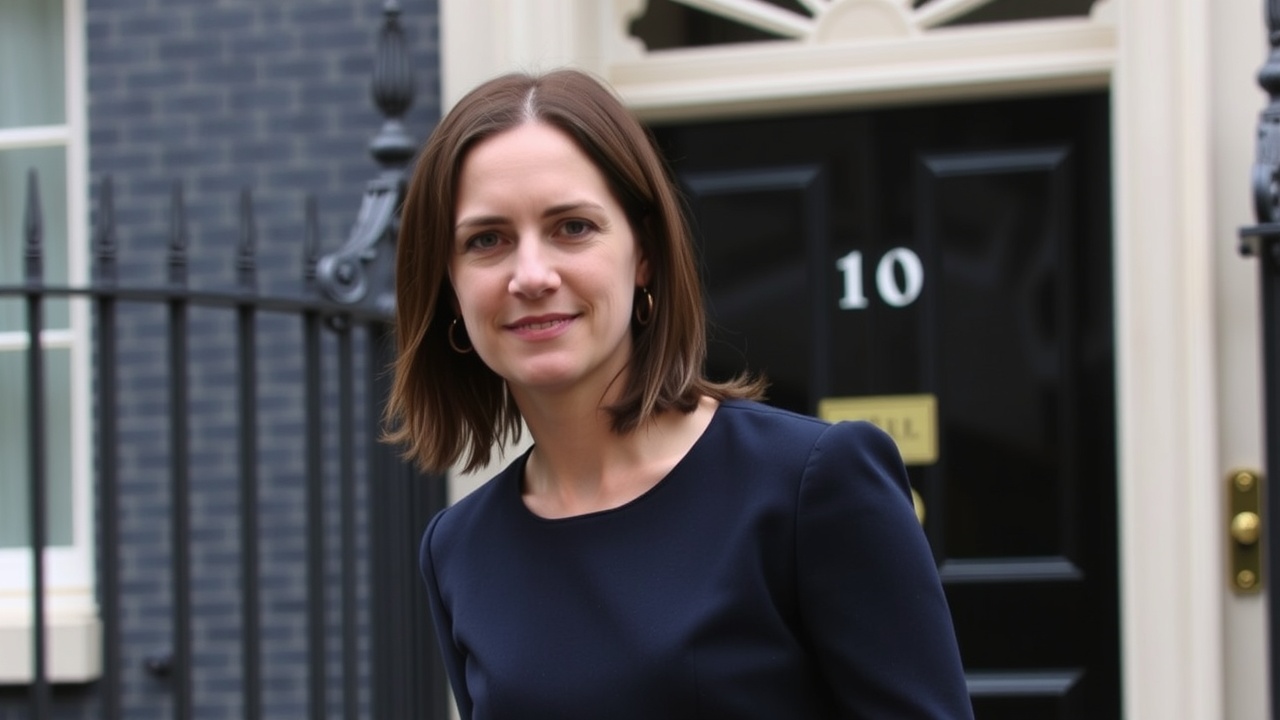
According to a recent study, the wealthy may be more tax noncompliant than previously thought
Is an excessively complicated system partially to blame?
The taxman releases a "wealthy tax gap" each year, which is an estimate of the amount of tax that wealthy people fail to pay. One of the main goals of HMRC is to close this gap. According to HMRC, people who make over £200,000 or have assets valued at £200,000 are considered wealthy.
From 2.2 billion in 201920 to 5.2 billion in 2023 - 2024, HMRC has more than doubled the amount of additional tax it has collected through its compliance work in the last five years. Although this is good for the tax collector, it may also indicate that non-compliance is a bigger issue than previously believed.
Previously, it was estimated that the annual tax gap was approximately £1.09 billion. The numbers don't seem to add up, especially since HMRC's compliance efforts have raised yearly tax revenues by 3 billion.
In a report released Friday, the National Audit Office stated, "This raises the possibility that underlying levels of non-compliance among the wealthy population could be much greater than previously thought."
Gareth Davies, head of the National Audit Office, stated that although HMRC should be commended for raising tax revenue through its compliance efforts, "it needs to provide greater transparency to give the public greater confidence that everyone is paying their fair share."
HMRC intends to carefully consider the National Audit Office's suggestions and provide a formal response by the fall. A representative from HMRC told BFIA, "It is our responsibility to make sure that everyone pays the correct tax under the law, regardless of wealth or status."
By 2029-30, the government is "delivering the most ambitious ever package to close the tax gap and bring in an extra 7.5 billion for public services per year," the HMRC spokesperson continued.
Over the past year, taxes have been the subject of special attention since the government announced 40 billion in tax increases in the Autumn Budget. There have been reports of wealthy people relocating outside of the UK to benefit from different tax systems in other countries.
Reeve's crackdown on unpaid taxes.
On top of the 5,000 HMRC compliance employees already announced in the 2024 Autumn Budget, chancellor Rachel Reeves Reeves stated in her March Spring Statement that the government would invest an additional 500.
Additionally, the penalties for noncompliance might be made more severe; Reeves wants to see 20% more tax fraudsters convicted.
In the meantime, a different government initiative aims to digitize certain aspects of the tax system in order to improve certainty and control while lowering the possibility of error.
However, enforcing tax evasion is a difficult task due to the system's intricacy. Because they don't fully understand the rules, some taxpayers unknowingly fall into the trap of non-compliance.
Rich people may be especially vulnerable because of the variety of their assets and sources of income.
According to the National Audit Office, "the complexity of their tax affairs may increase the potential for non-compliant behavior, either intentionally in the form of tax avoidance or evasion, or mistakenly, by applying tax rules accurately."
Rich people continue to pay a large tax burden.
According to the most recent data, the wealthy continue to pay a hefty tax burden. Actually, the reverse is true. HMRC defines the wealthy as 2% of the taxpaying population. 25 percent of the total amount collected in 2023 - 2024 came from this group, which paid 119 billion in personal taxes.
Numerous affluent taxpayers are lowering their tax obligations through legal means as a result. This can entail putting money in venture capital trusts or other tax-efficient schemes, holding assets in trust for another person, or carefully timing asset sales to exhaust tax-free allowances.
Although such actions are lawful and sometimes financially advantageous, they can complicate an already complicated situation. To lower their liability while adhering strictly to the rules, high net worth individuals should seek the aid of a tax planner or financial advisor.
A cross-party group of MPs stated in a report released earlier this year that "for many taxpayers, navigating the tax system appears to be becoming more difficult rather than simpler." "Complexity is growing, which raises expenses, increases the likelihood that taxpayers will make mistakes, and opens up channels for evasion and avoidance.














Leave a comment on: Are the rich evading taxes more than previously believed?